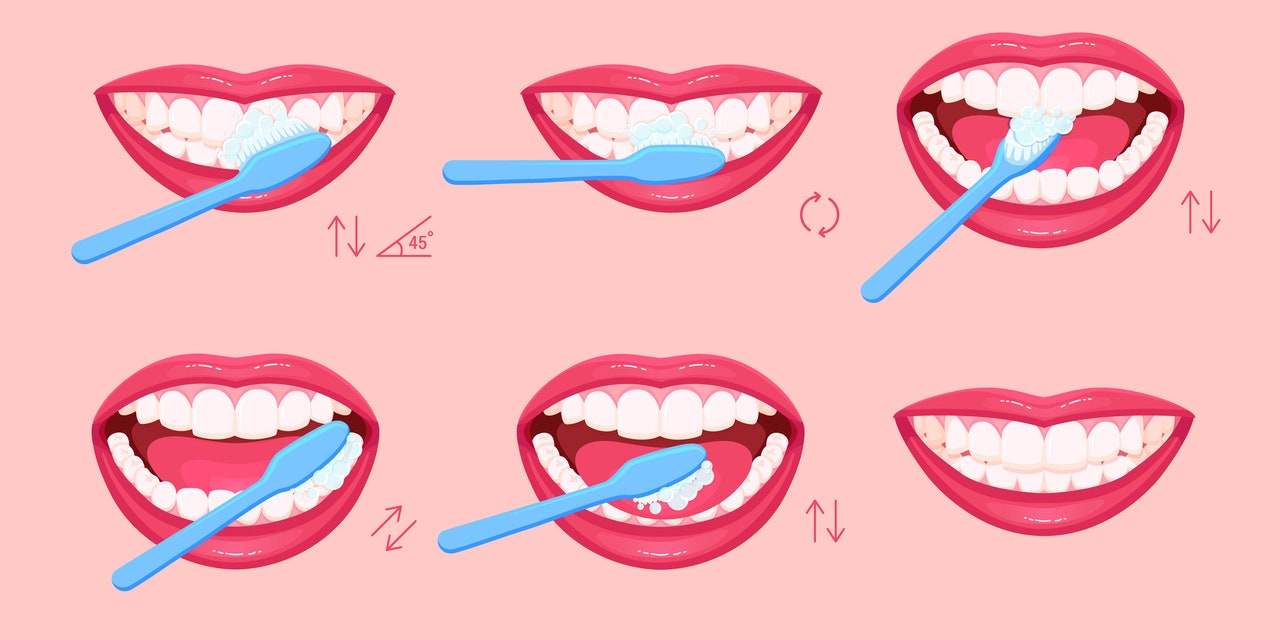Cardiovascular
How Cutting Corners on Dental Hygiene Can Mess With Your Heart
Another problem with dirty teeth, according to Dr. Jeong? Inflammation. It can be triggered throughout your body—not just in your mouth—by oral conditions like gum disease or cavities. For example, when you have gum disease, your body produces inflammatory chemicals, which, like the bacteria, can circulate throughout your system, Dr. Rosen says. Why does this matter? Evidence suggests inflammation may be a triggering factor in the onset of metabolic syndrome, and heightened levels of these inflammatory markers are also closely linked to stroke and heart disease.6,7 “It’s possible that inflammation in the gums sets off a cascade that, ultimately, sparks inflammation in the cardiovascular system,” says Dr. Jeong.
This is especially bad news if you already have heart problems. Systemic inflammation can speed up the development of atherosclerotic disease, a condition where your arteries thicken and harden, Dr. Rosen says. It may also contribute to clots and stroke.8 On the flip side, if you have periodontal disease, brushing your teeth twice a day can help reduce overall inflammation and boost your vascular function.9 (As a result, your risk of arteriosclerotic cardiovascular disease will also likely go down, research suggests.4)
Another theory: Oral health problems are thought to impact parts of your immune system—specifically, your T cells and B cells—that can mess with your body’s ability to fight infections, among other body processes.2,10 The immune responses triggered by periodontitis, for example, have been linked to the development and progression of atherosclerosis, Dr. Rosen shares.2
How to protect your teeth—and, ultimately, your heart
The good news: There’s a lot you can do to keep your teeth (and, by association, heart) healthy. The not-so-amazing news: Some people are genetically predisposed to both oral and cardiac diseases.10 But even in that case, genetics aren’t destiny: “Now that we know there’s a strong genetic link, patients with periodontitis should try to reduce their risk factors and take preventive measures at an early stage,” Dr. Jeong says.
So even if you’re more likely to have heart or oral issues, most of the risk factors shared between both—like smoking, consuming a ton of sugar, and (of course) neglecting to brush and floss—are in your control. This is all to say: Keep your mouth clean. Brush your teeth for two minutes twice a day and floss daily (you can do it—we believe in you!). Replace your toothbrush every three to four months. If you have dental insurance or can afford to pay out of pocket, aim to go to the dentist every six months. (You can also find less costly dental care at community health centers, dental schools, or clinical trials—and here’s a SELF guide to taking great care of your teeth without insurance.) Talk to your primary care doctor or dentist about any medications you take—some, like antihistamines or antidepressants, can cause dry mouth and contribute to tooth and gum decay along with fungal infections.11

